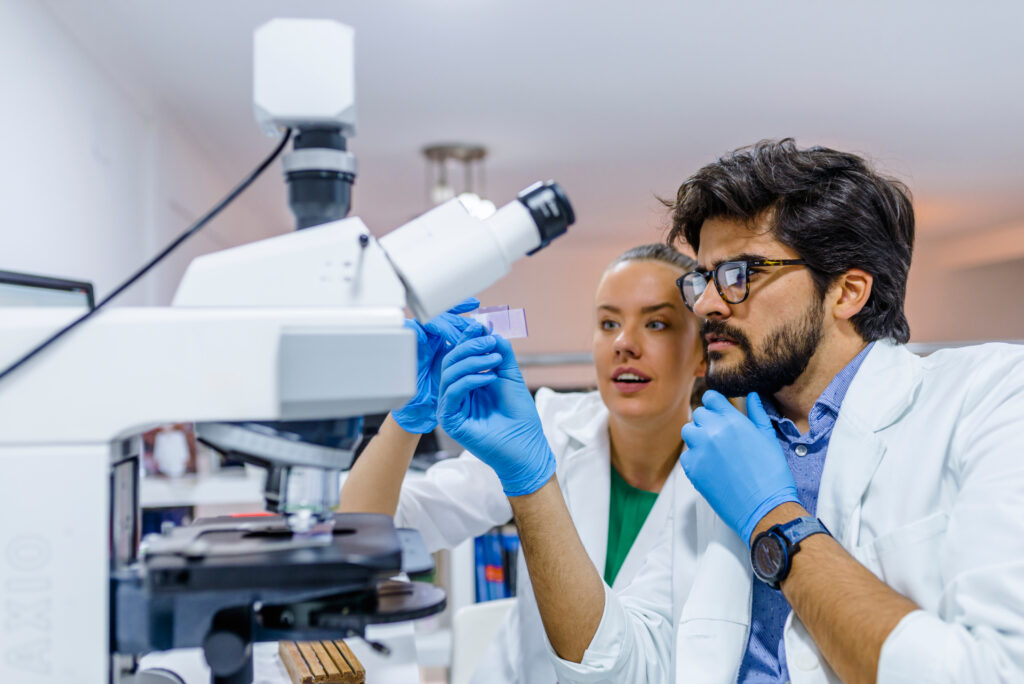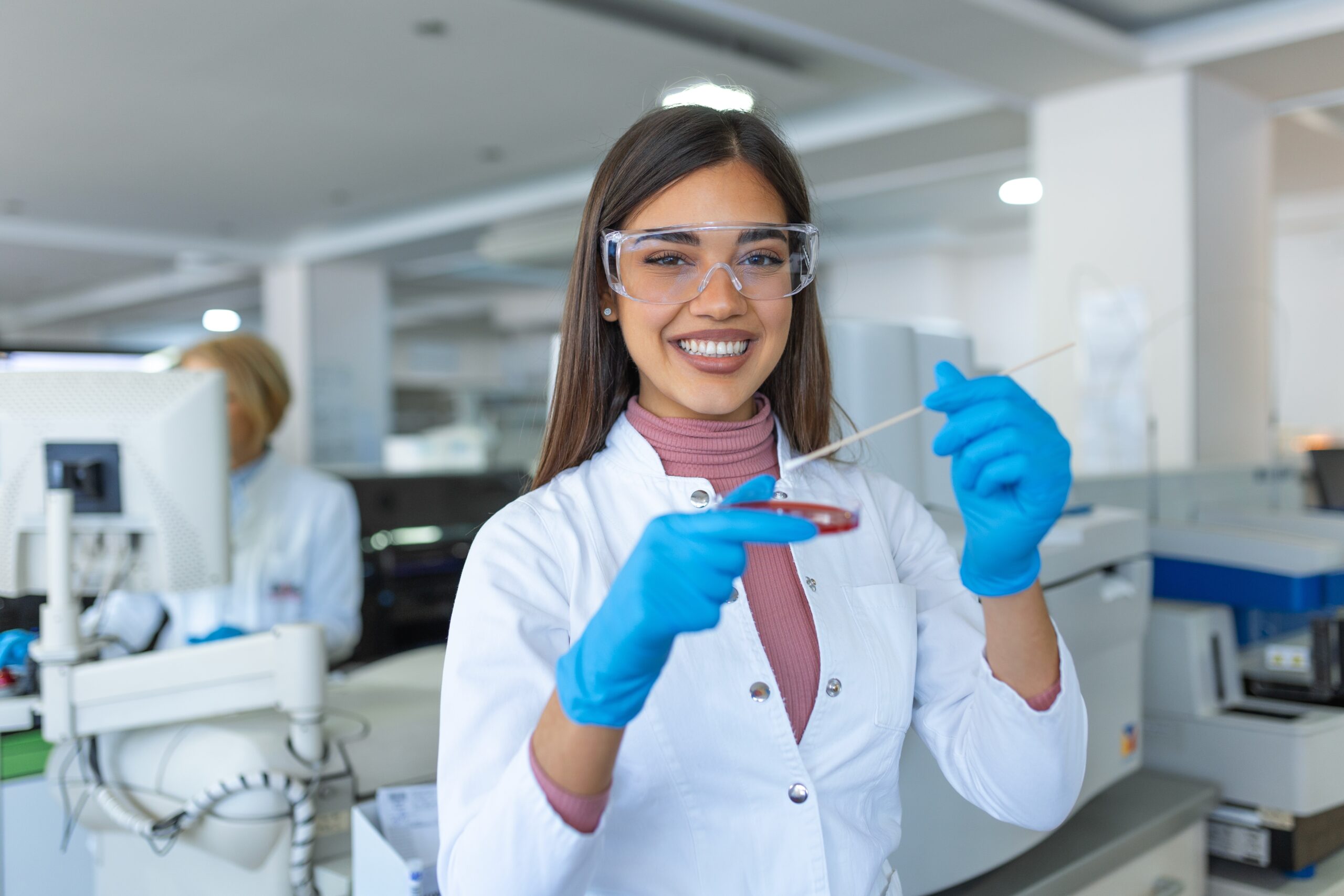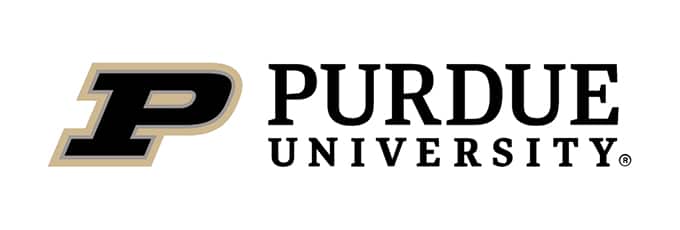Chemical engineering is evolving fast, thanks to artificial intelligence (AI) and data analytics. AI can predict chemical reactions and design more efficient catalysts, speeding up research and reducing costs. Data analytics helps engineers monitor and optimize large-scale manufacturing processes in real-time, like improving energy efficiency in petrochemical plants or minimizing waste in pharmaceutical production.
Purdue University, ranked among the top 100 universities globally (QS World University Rankings 2024), is leading this shift to a future with faster, more optimized, and more sustainable processes. It is home to the Davidson School of Chemical Engineering, within which lies the Center for Operations and Optimization in Process Systems (COOPS), focused on improving energy efficiency and reducing carbon emissions in chemical processes through innovative research and technology implementation.

COOPS drives cutting-edge research, equips students for industry success, and offers expertise to industry partners. Source: Purdue University
Enhancing efficiency, safety, and sustainability
At COOPS, AI and data analytics are central to their research and enhancement work. The team applies AI to tackle complex problems in chemical manufacturing, such as improving network design and operational efficiency. One key innovation is predictive maintenance, which helps anticipate equipment failures before they happen. This approach reduces unexpected downtime and keeps operations running smoothly. COOPS also uses real-time monitoring and fault detection systems to ensure everything stays on track.
For example, Assistant Professor, Can Li, is working on federated learning, a decentralized machine learning approach that allows multiple industries to collaborate on process optimization while preserving data privacy. This method enables organizations to train shared models using local data, which is especially useful for overcoming data scarcity and privacy challenges. By addressing these issues, federated learning becomes a powerful tool for driving efficiency across the chemical industry.
Safety is another major area where AI makes a significant difference. Through real-time fault detection and predictive analytics, AI can spot potential hazards before they occur. This helps reduce risks to people and equipment, improving chemical operations’ overall reliability and safety.
For example, technologies like digital twins, supported by faculty members such as Professor Gintaras V. (Rex) Reklaitis, allow for continuous monitoring of chemical processes. It improves the accuracy and speed of fault detection but also ensures that corrective actions are taken before faults escalate, contributing to safer and more stable operations.

COOPS plans to scale its AI-driven process optimization research using real-world datasets from various industrial partners. Source: Purdue University
But the benefits of AI and data in chemical engineering go beyond greater efficiency and safety. By optimizing processes, COOPS helps reduce energy use and lower CO₂ emissions. This is a big win for the environment and can bring the chemical industry closer to its sustainability goals. In projects focused on electrifying chemical processes and unit operations, COOPS uses AI to improve electricity use, which is both cost-effective and environmentally friendly.
Working with industry leaders such as ExxonMobil, Amazon, and Air Liquide means getting access to more insight into real-world challenges and valuable industrial datasets. This further ensures that COOPS research and teaching align closely with industry priorities like decarbonization, sustainable manufacturing, and operational resilience.
Preparing students for emerging roles
COOPS is advancing chemical engineering and preparing Purdue students to lead the next wave of innovation. The center offers hands-on research opportunities where students collaborate with faculty on real-world projects. These efforts include developing AI-driven solutions for privacy-preserving data sharing and implementing predictive maintenance systems. Such experiences equip students with practical know-how as they bring their specialized coursework to life.
Several COOPS advanced courses are even designed so they are closely aligned with ongoing research initiatives. “Smart Manufacturing in the Process Industries” explores the integration of AI and data analytics in manufacturing processes, emphasizing real-time monitoring, predictive maintenance, and process optimization. “Data Science in Chemical Engineering” is an introduction to data-driven methodologies for analyzing and optimizing chemical processes, covering topics such as machine learning, statistical modeling, and big data applications. “Computational Optimization” explores techniques essential for process design and operation, including linear and nonlinear programming, as well as AI-based optimization algorithms.
Apply to the Davidson School of Chemical Engineering today.
Follow Purdue University Davidson School of Chemical Engineering on X, Instagram, LinkedIn and YouTube













